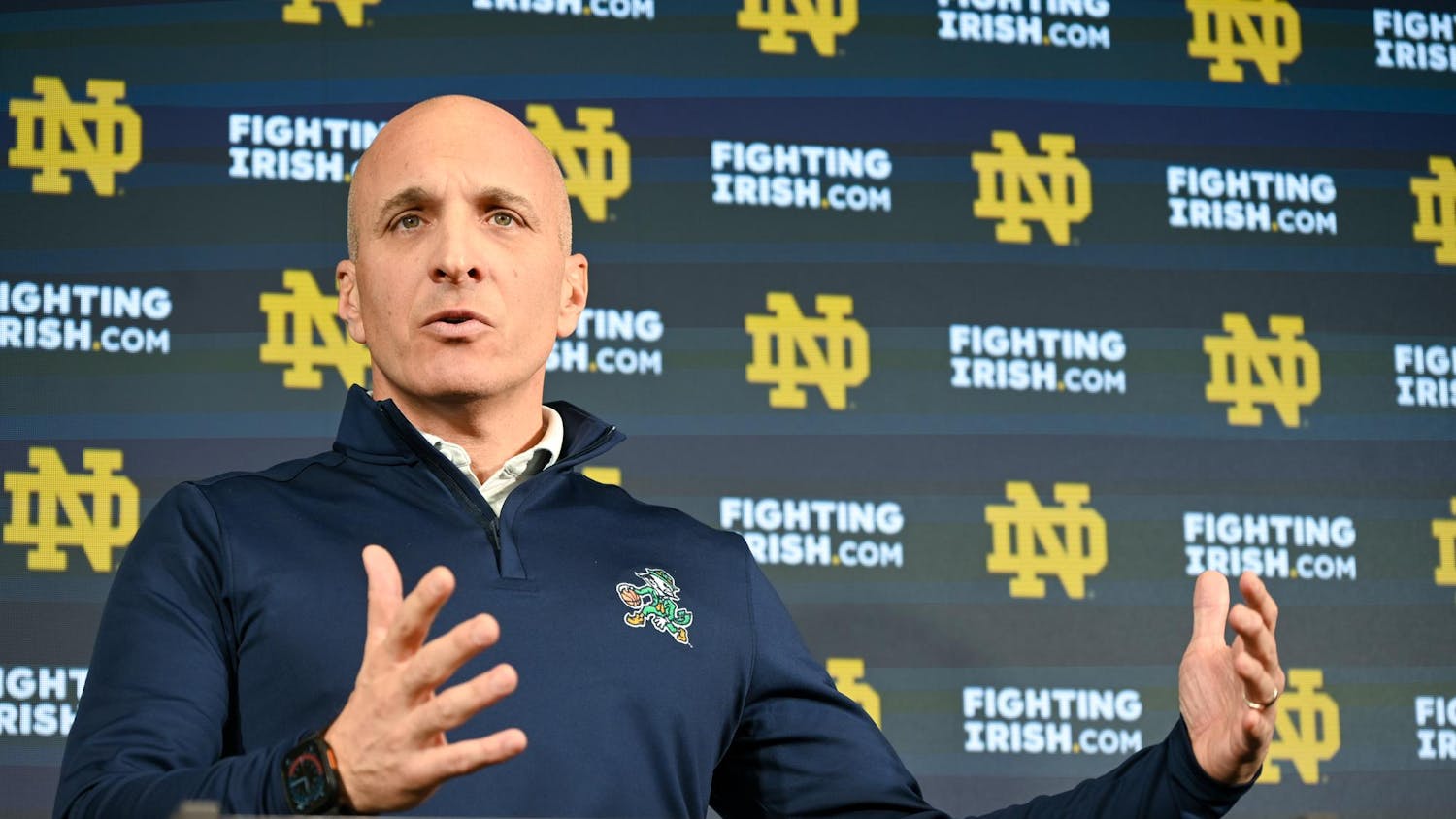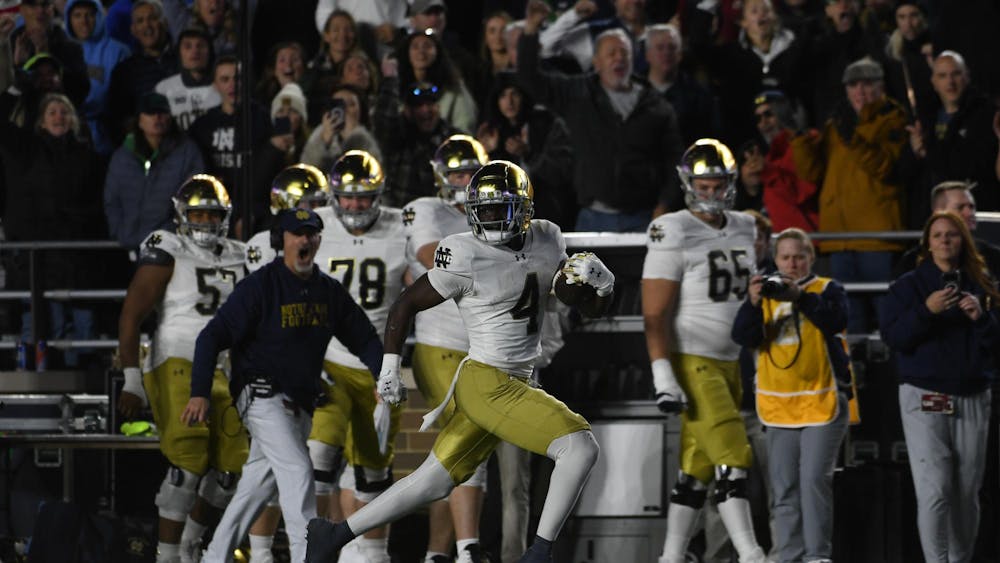Tom Brady changed the NFL in a lot of ways.
He first changed the NFL on Sept. 23, 2001, when he came in to replace an injured Drew Bledsoe, although we didn’t quite know it then.
He did it again on Feb. 3, 2002, when he drove the Patriots up the field with less than 90 seconds remaining on the clock. Brady started a dynasty when he did that, although we didn't quite know it then, either. And when Brady won his next Superbowls in 2004 and 2005, he continued to change sports. By then, we had kind of figured it out.
So, it surprised nobody when in 2015, 2017 and 2019 Brady and the Patriots won Superbowls XLIX, LI and LIII. Well, perhaps XLIX surprised Pete Carroll, and LI stunned the Falcons. But to football fans everywhere, it felt like the norm.
But Brady changed football in ways not relating to championships as well. He did so when the Tuck Rule allowed the Patriots to beat the Raiders on a winter night in Foxborough. And in 2008, when he was injured in the first game of the season, he changed football by changing the way the QB position was officiated. Not all of his changes were good ones; Deflategate comes to mind, for one.
In 2020, Brady changed the NFL when he left New England, ending a dynasty and shifting the balance of power to the Tampa Bay Buccaneers. We all know how that one ended too.
Realistically, there was only one way left for Brady to change the game of football: He had to leave it. And at 2:29 p.m. EST on Jan. 29, ESPN’s Adam Schefter broke that sources reported Brady was finally going to do just that.
I have to admit that I didn’t see this coming. I had stayed up to date with the latest rumors and knew what people were reporting. But Tom Brady has been such a force in football for so many years that football without him genuinely did not compute.
One of my first experiences watching football involved Tom Brady. I was visiting family, and my uncle had a football game on, Patriots @ Bills in December 2009. The Patriots had taken a 14-3 lead, and my uncle turned the game off. I asked him why, and he said he was rooting for the Bills, but when the Patriots take the lead, they tend to not give it back.
He was right; the Patriots would win 17-10 over the Bills. That was my introduction to Tom Brady: He does not lose.
Because of that simple fact — that he does not lose — Brady became beloved by few but hated by many.
As with the rise of Patrick Mahomes and the Chiefs, people love to see a new king take the hill. But once the king ascends and takes the throne, we clamor for him to get off, rooting for the next champion to rise. But when Tom Brady ascended that throne in 2001, he never relinquished it.
It is why, when the Patriots played against Seattle, I was rooting for the Seahawks, only to be crushed when Seattle made one of the more controversial play calls in the storied history of the game. And similarly, when the Falcons were winning 28-3, I delighted with the rest of America, laughing at the Patriots. But I also watched in disbelief as Brady helped to orchestrate one of the greatest comebacks of all time.
And on it went. Each time I rooted against Tom Brady, I rooted against a man who seemed like a force, the personification of greatness itself. More often than not, I was left disappointed, watching as the Patriot Way dominated the NFL for 20 years. But now, with the reported end of the most storied career in the history of the NFL, as well as the most extraordinary underdog story ever, it is finally time to stop hating greatness and to finally begin to appreciate it.
For the past few seasons, I felt that Aaron Rodgers was the greatest QB of all time. The artful way he plays the position is genuinely different from the quarterbacks that came before him. To me, Rodgers was Mahomes before Mahomes, the first of a futuristic group of quarterbacks that would change both the league and football itself.
And on top of that artistry, the precision in which Rodgers plays the game, the simple lack of error is extraordinary. In the three years that Matt LeFleur has coached the Packers, Rodgers has thrown 13 interceptions while throwing 111 touchdowns. His INT% has been the best in the league, either at 1% or lower.
However, Rodgers has failed to deliver in the playoffs, which hurts his argument as the greatest of all time. To be truly great, you must overcome adversity and remain triumphant. Rodgers won a Superbowl, but after years of regular-season greatness, that looks more and more like an outlier. Perhaps Rodgers is more of a Drew Brees. A genuinely great QB who won once but, through a series of crazy circumstances, never could do it again. A Dan Marino more than a Joe Montana, if you will. Still a great, but not greatness itself.
But Brady has overcome adversity in a way that I simply cannot quantify. He did it in 2001 when New England had the ball in their territory with just 1:21 on the clock and no timeouts in his pocket. And he won. A few years later, he did it again against the Panthers. With just 1:08 remaining on the clock, he maneuvered the Patriots into field goal range. And he won.
In Superbowls XXXIX and XLIX, Brady got help from his defense (Brady himself would tell you that). But in Superbowl LI, with the Falcons having a 99.6% chance of victory (according to ESPN), Tom Brady led the charge and overcame the odds, and he won.
Those aren’t the only times that Brady has displayed his unquantifiable greatness; the number of comebacks he has led is too long to be detailed in this humble column. To be great, you must defy the odds and rise to the occasion. No QB has done that more than Tom Brady. That is why Brady will always be the greatest QB of all time.
Let us all sit back and finally stop hating it, rooting against it. Instead, let us reflect upon it, recognize and respect it.
Tom Brady is the greatest of all time.
Read More
Trending









